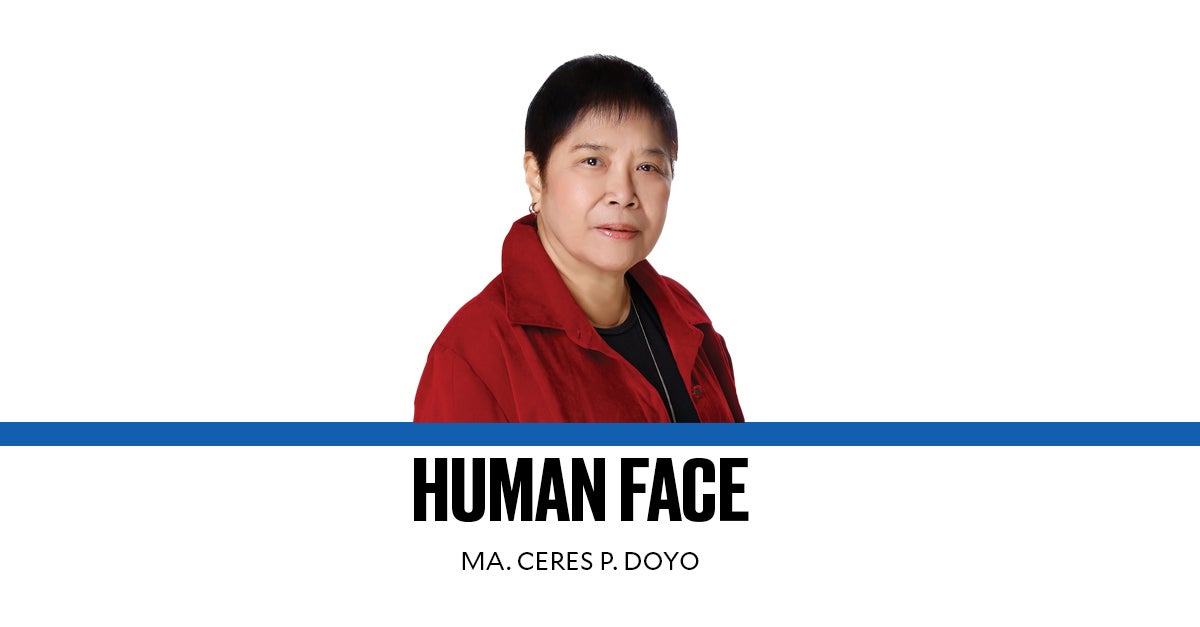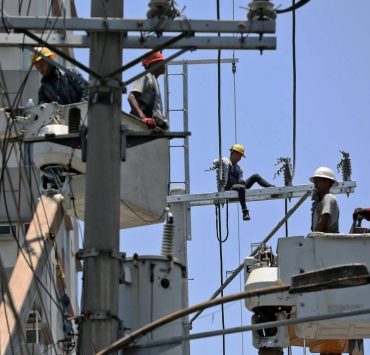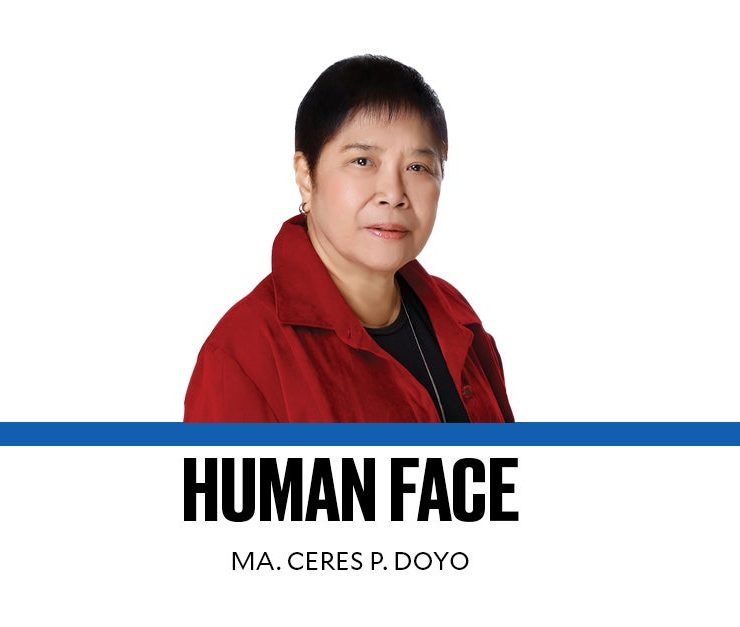World Press Freedom Day and the environment

Today is World Press Freedom Day, observed every year on May 3 as declared by the United Nations General Assembly and as recommended by the UN Educational, Scientific, and Cultural Organization’s (Unesco) General Conference in 1993. The day is meant to raise awareness that the press must remain free, that citizens of this planet, in whatever clime or season, have the right to freedom of expression. This freedom is embodied in the Universal Declaration of Human Rights ratified by UN member nations in 1948.
This year’s theme is “A Press for the Planet: Journalism in the Face of Environmental Crisis.” Chile and Unesco are this year’s hosts. Words from Unesco: “All stories deserve to be told. But this one may be particularly decisive. The climate and biodiversity crisis are not only affecting the environment and ecosystems but also the lives of billions of people around the world. Their stories of upheaval and loss deserve to be known and shared … Exposing the crisis is the first step to solving it.”
Stories, stories, stories.
But today we also remember the journalists who had lost their lives while performing their duty to report on people, unfolding events, and occurrences, and to provide context and analyses. With these journalists’ deaths, flickers of light were extinguished, and so many facets of the truth were carried to their graves.
Journalism is more than just a job or career. It is a choice, a vocation, a calling. It is a journey into both familiar and unfamiliar terrain, a leap into terra incognita sometimes, where stories cry out to be told. Journalism, it is said, is history written in a hurry. But written mindfully, fairly, factually, in many forms and styles that may effectively engage the reading, viewing public. I do not tire of quoting National Artist Nick Joaquin from whose pen oozed journalism, literature, and history in generous, elegant servings.
“The proposition that literature is automatically free, because written in the light of eternity, while journalism is necessarily enslaved to the concerns of the moment—that proposition is false. And even if not false, still indefensible. No more than other republics can the Republic of Letters exist half-slave and half-free. While his brothers in journalism are in thrall, the creative writer is himself not whole, not safe, and not free.”
I salute colleagues who continue to report from the trenches and roads less traveled, they who dodge bullets and brave cataclysmic events, they who defy threats so that the rest of the world may know which way it is going. One does not practice journalism in an ivory tower. Sometimes I think we ask for so little—a byline, a prayer, an ice-cold beer with family or friends at the end of a frightening day. Threats, harassments, and libel suits are part of the territory. (Ask me.)
Citing this year’s theme, Unesco recognizes that journalists work in the frontlines of our collective fight for the health of our planet and our struggle for livable lives. The triple planetary crises, it points out, are climate change, biodiversity loss, and air pollution. Added to these are disinformation and misinformation campaigns that challenge scientific research that can lead to public apathy and lack of political support and action.
Environmental journalism may not seem as daunting as covering a shooting war but it has its risks. Powerful individuals and institutions can wage war against truth tellers in order to advance their selfish goals for more profit, bigger footholds on vulnerable areas such as ancestral lands occupied by indigenous communities.
How many tribal leaders have been felled because they stood up for their communities against exploitative intruders? We’ve had our own, to name one, in the person of Kalinga chief Macli-ing Dulag who opposed the Chico River dam project because it would submerge the tribes’ ancestral domain. We were on it. The magazine story that I wrote caused me to be summoned to a military camp for interrogation. (The book version was published by the University of the Philippines Press. It won the National Book Award for Journalism in 2016.)
Macli-ing is not the only martyr for the environment. The Amazon rainforest, Planet Earth’s living lungs, have had its share. The press played its role in exposing the battle between the Amazon’s defenders and those who coveted parts of it.
I did write about an American-Brazilian nun (“The martyrdom of Sr. Dorothy Stang”) who, in 2005, took in four bullets from assassins. And there was Chico Mendes who was murdered in 1988. He worked with rubber tappers and fought road builders who were making inroads into the rainforest. The Amazon has been a battleground for loggers and ranchers on one side, and inhabitants and environmentalists on the other.
Yes, Virginia, press freedom has a bearing on the environment and its defenders. The press does spade work in the trenches—never mind if it is not “in the light of eternity”—in search for the truth so that it may speak truth to power.
A meaningful World Press Freedom Day to all.
Send feedback to cerespd@gmail.com


















